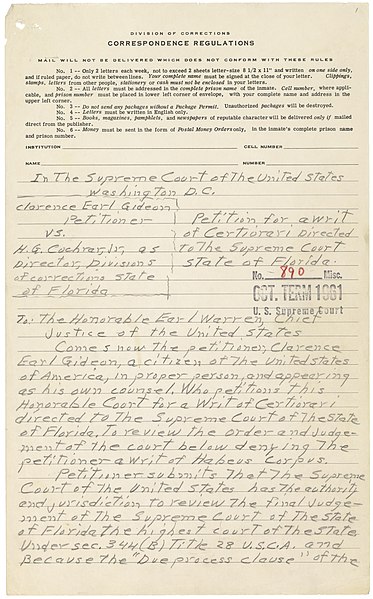Infinite photos and videos for every Wiki article ·
Find something interesting to watch in seconds
Celebrities
Crown Jewels
Animals
World Banknotes
Wars and Battles
Richest US Counties
Great Artists
Great Museums
Countries of the World
Best Campuses
Supercars
Tallest Buildings
Orders and Medals
British Monarchs
Great Cities
Ancient Marvels
Wonders of Nature
Presidents
Recovered Treasures
Largest Empires
Largest Palaces
Famous Castles
History by Country
Sports
Rare Coins
Kings of France
more top lists


